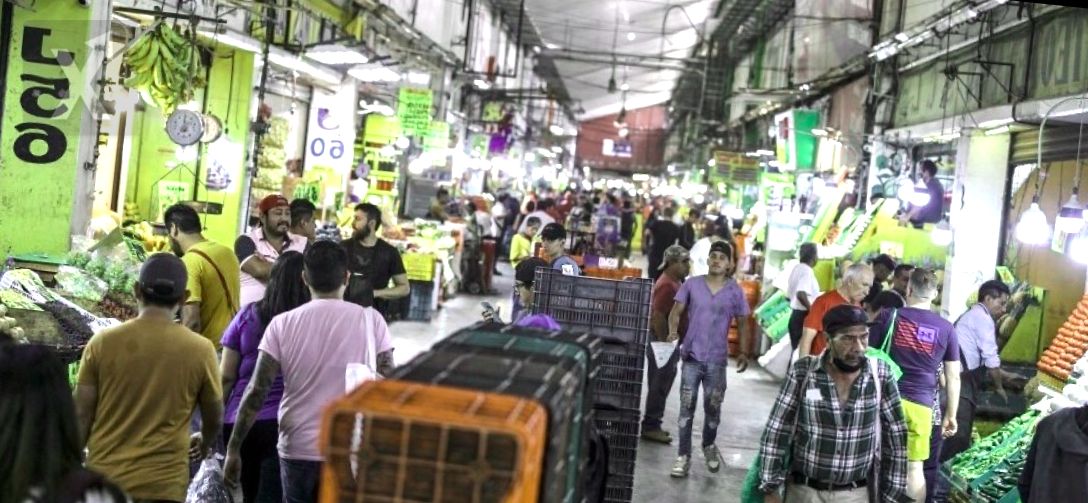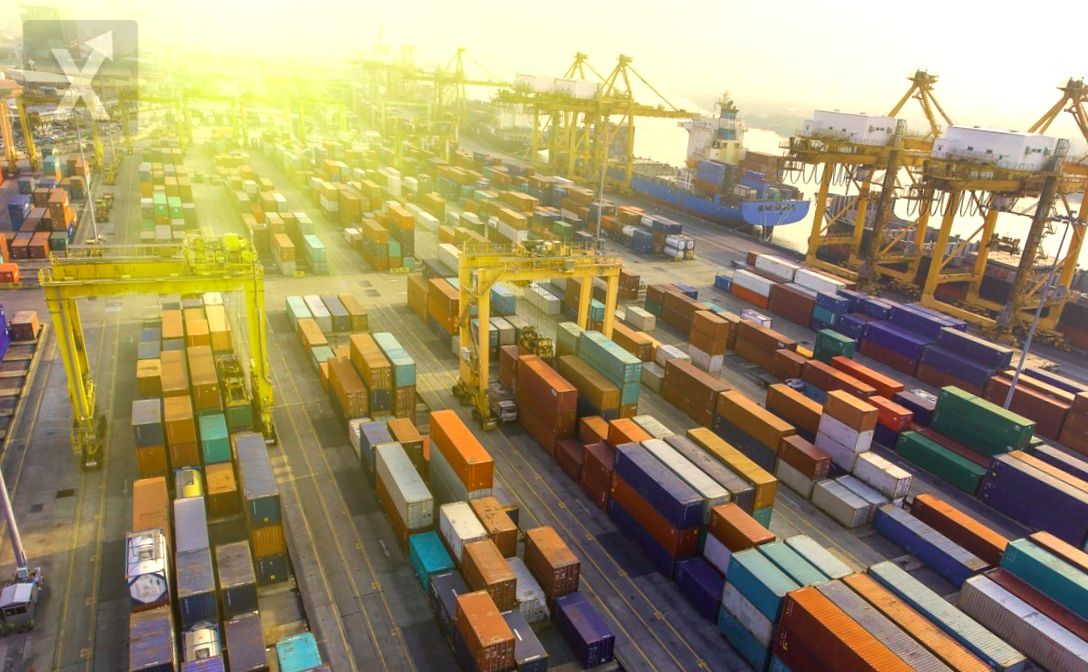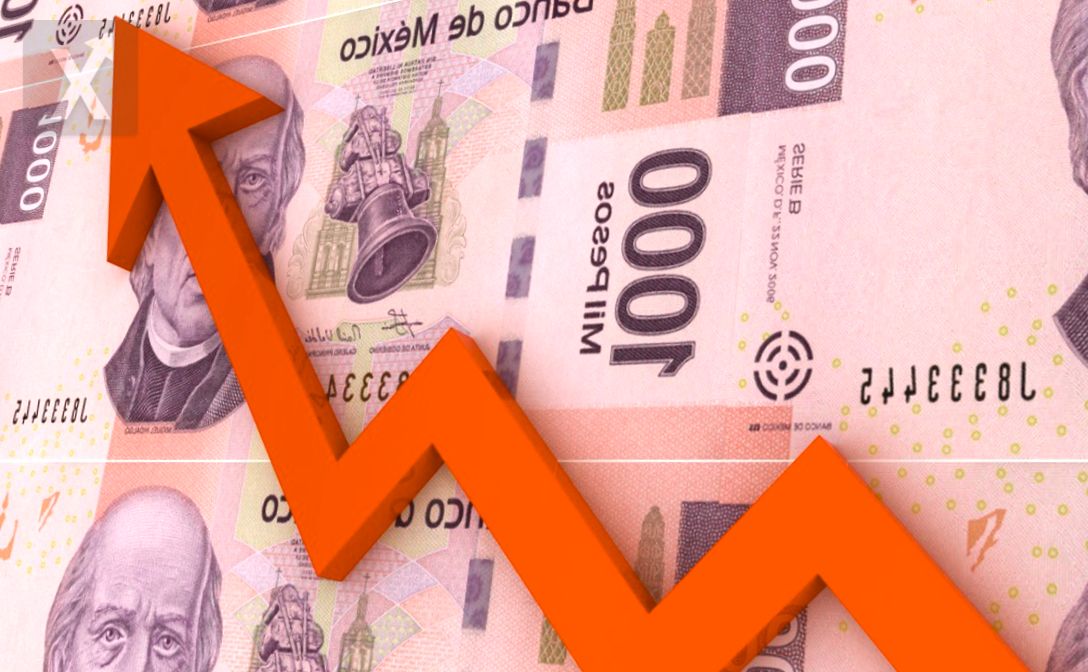IMF Signals Slowdown in the Mexican Economy

The International Monetary Fund (IMF) issued a warning on Friday, highlighting that economic activity in Mexico is showing signs of moderation, partly due to restrictive monetary policy. This has led to a slowdown in both private consumption and investment, as well as in employment growth. According to an IMF statement, a mid-term review of a Flexible Credit Line (FCL) of approximately $35 billion for Mexico was approved, which was agreed upon in November 2023 for a two-year period.
The Exchange Commission, which includes the Ministry of Finance and the country’s central bank, later released a statement indicating that it would continue the gradual exit from the FCL, as announced in 2017. "Economic activity is declining, private consumption and investment are slowing down, and employment growth is also coming to a halt," said the IMF, attributing these outcomes to the restrictive monetary policy by the Bank of Mexico (Banxico). Since August, Banxico has started to lower the benchmark interest rate, bringing it down to 10.5% by the end of September, in a context of cooling inflation and economic weakness. According to the IMF, inflationary pressures are easing in the country, and consumer prices are expected to reach the 3% target by 2025. "Despite the expansive fiscal policy, economic growth is expected to slow to around 1.5% this year," the fund warned. To maintain fiscal sustainability, significant fiscal consolidation will be required, supported by well-defined measures, the IMF suggested. It also emphasized that Mexico has substantial reserves, a solid external position, and effective financial oversight. However, it cautioned that the second-largest economy in Latin America continues to face significant external risks in an environment of ongoing uncertainty.
The Mexican economy is at a critical juncture where monetary policy plays an important role in future growth. It is essential to implement effective strategies not only to halt the slowdown but also to foster a favorable environment for investment and consumption, which in turn could revitalize the labor market and ensure a sustained recovery. Prudence in fiscal policy, along with proper management of interest rates, will be key to addressing the challenges ahead.



